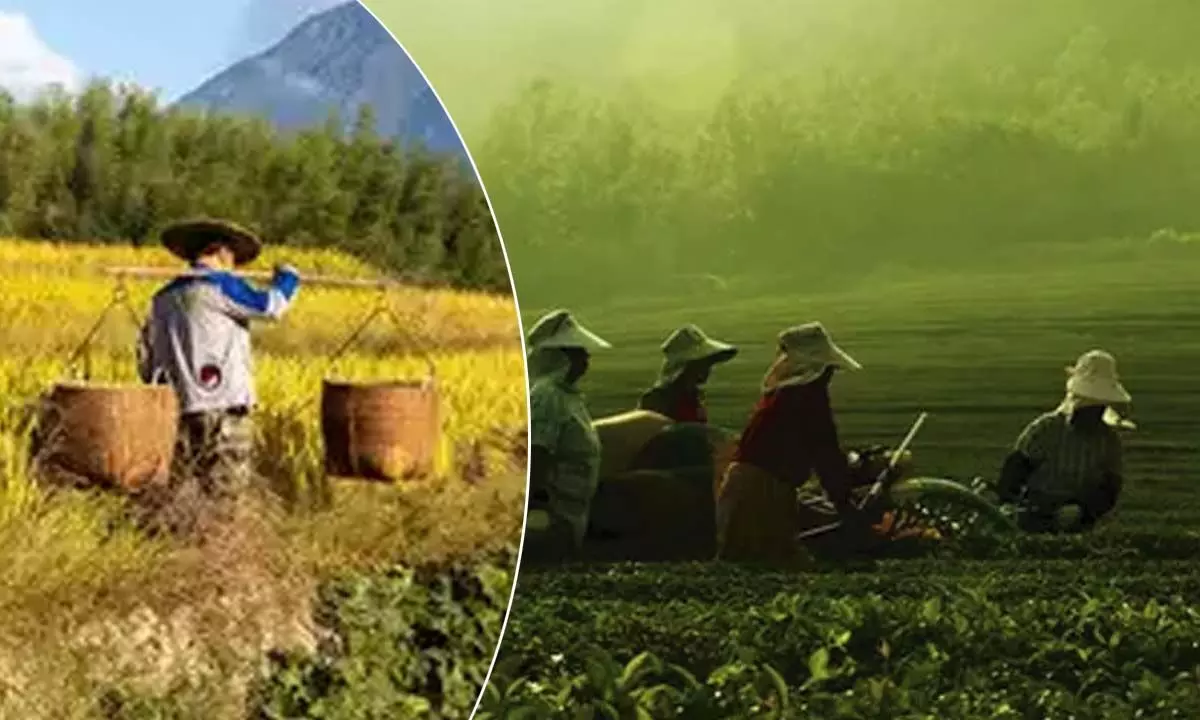Significance And History Of National Farmers Day

For representational purpose
- On December 23, National Farmers Day, also known as Kisan Diwas, is observed to honour and recognise farmers as the foundation of the nation.
- Choudhary Charan Singh, India's fifth Prime Minister, was born on this day, which has been designated as his birth anniversary.
On December 23, National Farmers Day, also known as Kisan Diwas, is observed to honour and recognise farmers as the foundation of the nation. Choudhary Charan Singh, India's fifth Prime Minister, was born on this day, which has been designated as his birth anniversary.
Following in the footprints of India's second prime minister, Lal Bahadur Shastri, who gave the farmers the catchphrase for boosting farming. Charan Singh observed how wealthy landowners, or zamindars, took advantage of farmers and damaged the rural economy. He vowed to destroy such exploitative systems after being elected to the Uttar Pradesh Legislative Assembly in 1937.
Furthermore, in the 1950s, Charan Singh created land reform laws in Uttar Pradesh while serving as a parliamentary secretary and then as the Revenue Minister for Land Reforms. The nation's peasantry began to look up to him after he openly criticised Prime Minister Jawaharlal Nehru's land policy for India's growth.











